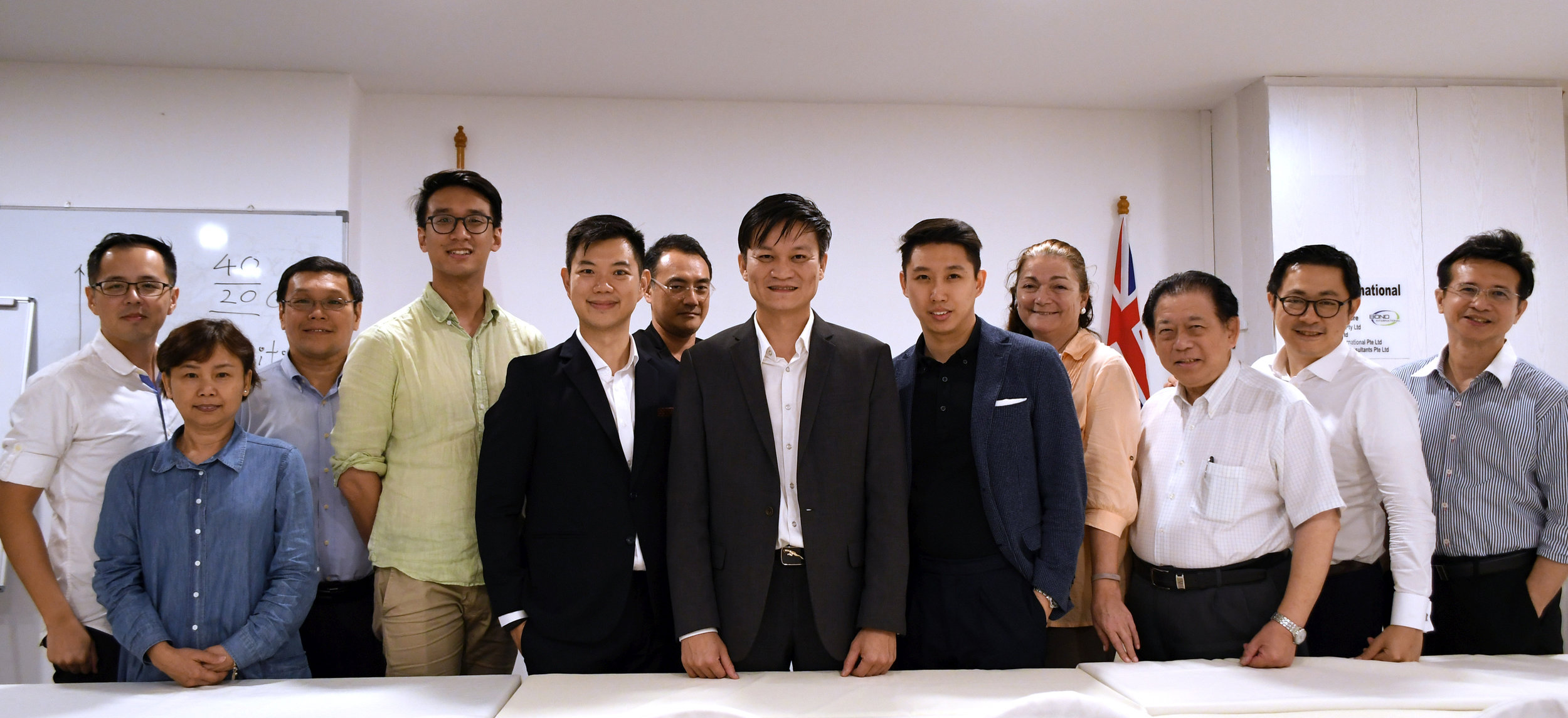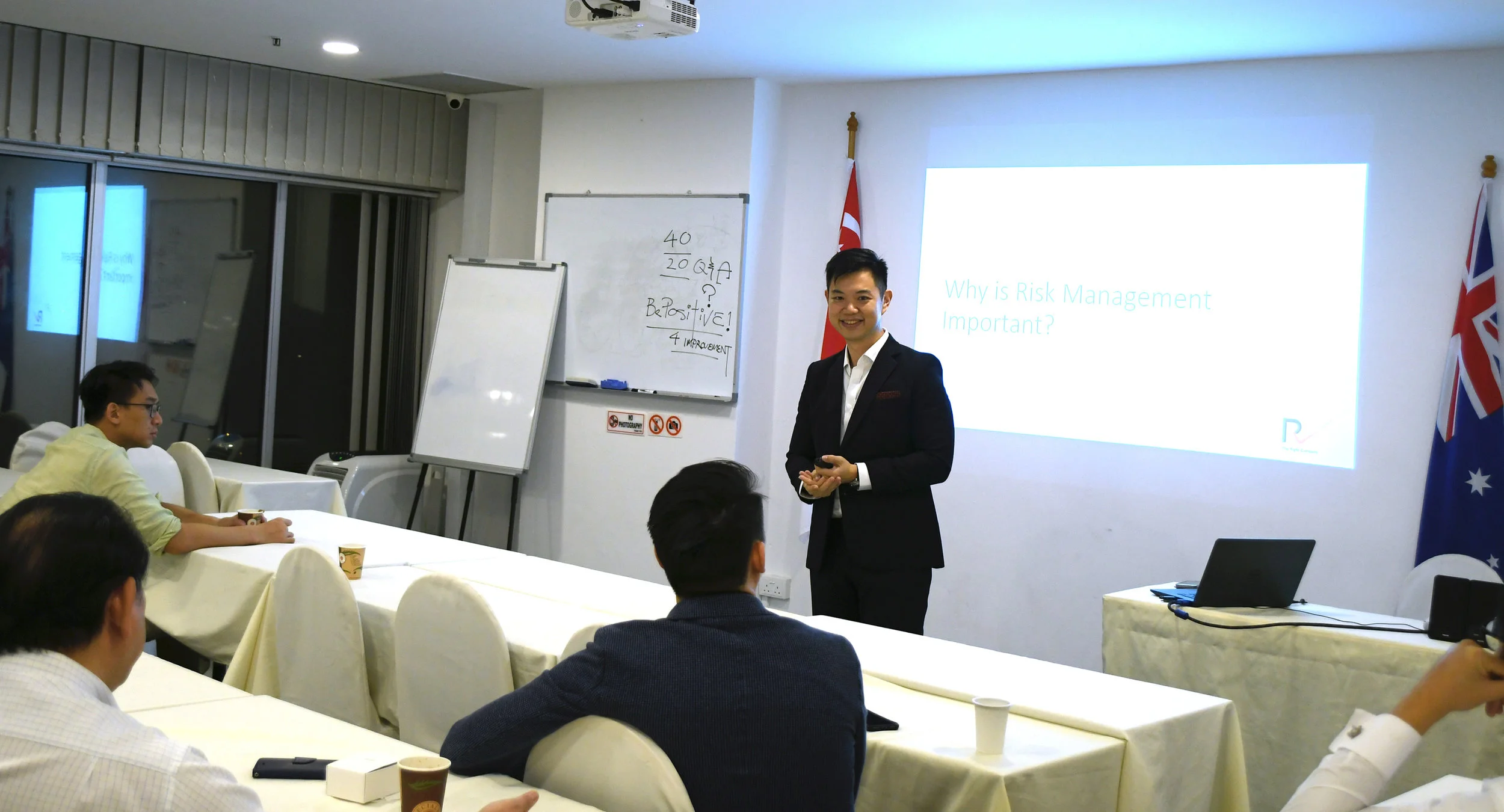I am not a Toastmaster.
I had considered joining a Toastmasters Club many, many years ago. I just couldn’t find one that fit my odd work schedule or be close enough to home that I would actually not mind travelling to.
It turns out that it didn’t matter.
I learned the hard way, through the cleansing fires of non-friendly, sometimes even hostile, audiences. In my opinion, that’s the fastest, surest way to learn.
Let me qualify that. Toastmasters clubs can be very helpful for someone who wishes to overcome his/her fear of public speaking. I have a fair number of friends who are Toastmasters, and I have seen them grow in confidence as they take the stage.
In the friendlier spaces of their respective clubs, there is greater safety, as well as the presence of potential mentors who can help. These are valuable. No doubt about that.
That said, the usefulness of these things stops once the speaker is past a certain point. Things start to go a little awry. I have listened to hundreds of speakers, both in-person and through the Internet, and I have come to notice certain traits that quite a number of them, who happen to be Toastmasters, have:
1) They have unnaturally exaggerated facial expressions and body language, all the while over-enunciating and placing too much emphasis on their words, often in a slightly off-beat manner that’s very difficult to listen to without getting distracted.
Nobody talks like that in real life. If they did, people around them would either raise incredulous eyebrows, politely excuse themselves, or run.
2) The content of their speeches is lacklustre.
I have heard from a few sources that Toastmasters are judged more on delivery than they are on content.
If that is true, I can only surmise that, in order to win contests and/or titles, they have no choice but to sacrifice substance for form. I certainly cannot speak for others, but that is a sacrifice I am unwilling to make.
Yes, there is a place for pretty speeches, but if the audience learns nothing from the encounter, what’s the point?
3) There seems to be an emphasis on telling personal stories that borders on idolatry.
Personal stories can be powerful and moving. IF they are used appropriately and for the right reasons.
I have lost count of the number of times I had to sit through an unnecessarily long, over-dramatised, poorly-executed narration of an inconsequential incident in the life of a speaker I happened to be sitting in front of.
For some reason, telling a personal story has become a ‘must’ and ‘the only way to start a speech / presentation’. It is not.
The audience doesn’t care about the speaker’s life more than they care about their own.
With that in mind, wouldn’t it make more sense to relate to the audience first, and then tell a personal story that they can relate to, in order to cement that bond?
No, I don’t hate the Toastmasters, nor do I think that they should dissolve. I simply believe that it’s time for them to update themselves.
Story-telling has no shortcuts. It is an art and a science, and needs to be respected, taught, and practised as such.






